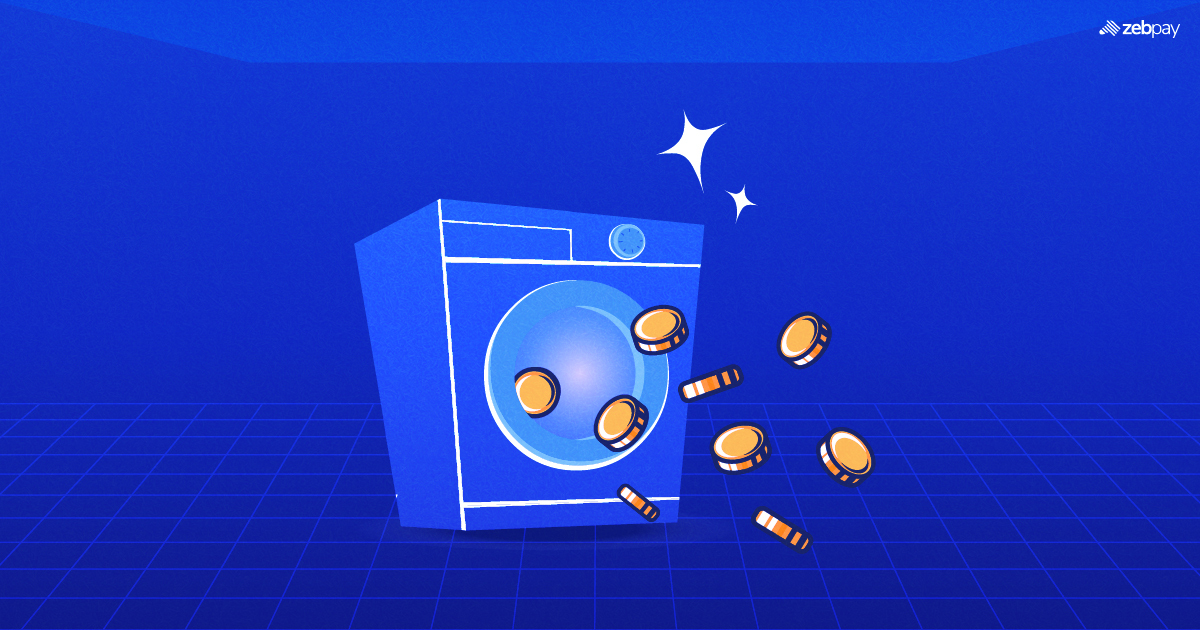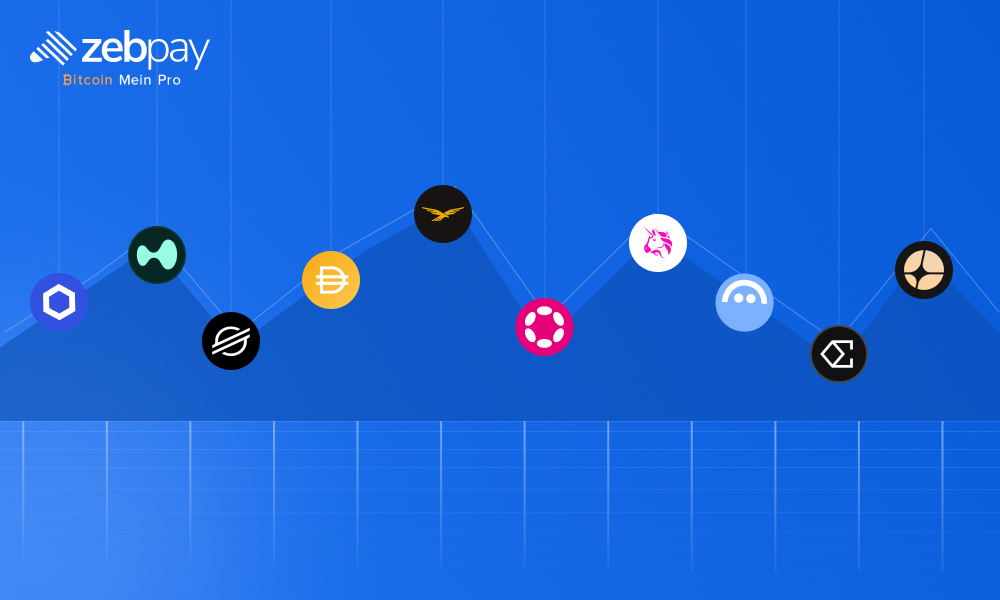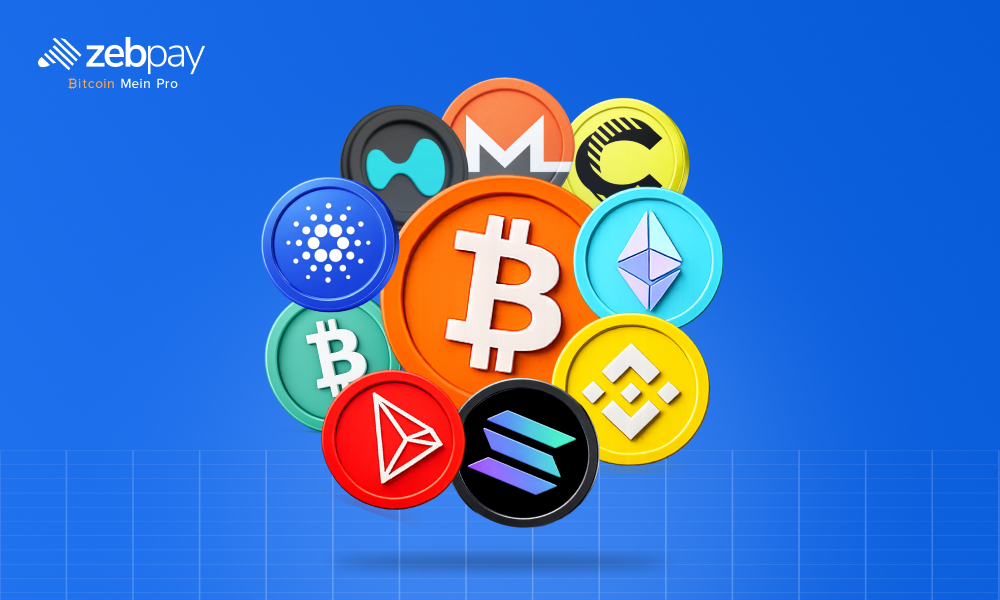The meteoric rise of Non-Fungible Tokens (NFTs) has created a digital revolution that has transformed the art, gaming, and collectibles industries. But as with any gold rush, there are those who seek to exploit it for personal gain. One such practice, NFT wash trading, has emerged as a concern for investors and artists alike. This blog post will explore the concept, its techniques and how to avoid NFT wash trading.
Definition of NFT Wash Trading
NFT wash trading refers to the practice of buying and selling NFTs in a coordinated manner with the intention of creating fake trading volume and price movements. This is done to create a false impression of market activity, attract new buyers, and inflate prices.
Purpose of NFT Wash Trading
The purpose of NFT wash trading is to manipulate the market by creating a false sense of demand for an NFT. This can be done to increase the perceived value of an NFT, attract new buyers, or manipulate the market in a way that benefits the wash trader.
Overview of the NFT Market
The NFT market is a relatively new and rapidly evolving industry, with an estimated market size of over $2 billion. The market consists of various platforms where NFTs can be bought and sold, such as OpenSea, Rarible, and SuperRare. The market has grown exponentially in recent years, with several high-profile sales making headlines and attracting new buyers.
Read more: Introduction to NFTs
NFT Wash Trading Techniques
There are several techniques that wash traders use to manipulate the NFT market. Some of the common techniques are:
Buying and Selling NFTs to Create Fake Volume
This is the most common technique used by wash traders. It involves buying and selling NFTs between two or more accounts to create fake trading volume. This gives the impression of increased demand for the NFT, which can cause the price to rise.
Coordinated Trading
This technique involves a group of traders coordinating to buy and sell an NFT at the same time. This creates a sudden surge in trading volume and price movement, which can attract new buyers and inflate the price.
Cross Trading
Cross-trading involves two or more traders buying and selling NFTs to each other on different platforms. This creates the impression of demand for the NFT on multiple platforms, which can attract new buyers and inflate the price.
Self-Trading
Self-trading involves a trader buying and selling an NFT to themselves using different accounts. This makes it appear as if there is trading activity, attracting new buyers and inflating prices.
Impact of NFT Wash Trading

NFT wash trading can have several negative impacts on the market. Some of these impacts include:
Inflation of NFT Prices
Wash trading can create a false impression of demand for an NFT, leading to an increase in price. This can cause buyers to overpay for an NFT, leading to market inefficiencies and a loss of confidence in the market.
Misleading Market Indicators
One NFT wash trading risk is the possibility of false market indicators. Some of these include trading volume, price movements and market trends. This can mislead investors and traders, leading to poor investment decisions and market inefficiencies.
Negative Effects on Market Credibility
Wash trading can damage the credibility of the NFT market by creating a perception of market manipulation and insider trading. This can deter new buyers and investors from entering the market, leading to a decrease in market liquidity and growth.
Read more: NFT Vs Crypto
Detection and Prevention of NFT Wash Trading
It is important to detect and prevent wash trading to maintain market integrity and credibility. Here are some methods for NFT wash trading detection:
Identifying Wash Trading Patterns
Market surveillance tools can be used to identify wash trading patterns, such as sudden spikes in trading volume or coordinated trading activity. Identifying these patterns can help market participants detect and report potential cases of wash trading.
Implementing Trading Restrictions
NFT market platforms can implement trading restrictions, such as limiting the number of trades between accounts or imposing trading fees, to discourage wash trading. This can help maintain market integrity and prevent market manipulation.
Educating NFT Market Participants
Educating NFT market participants about the risks and negative impacts of wash trading can help prevent such activities. Market participants can be encouraged to report any suspicious trading activity to market regulators or platforms.
Read more: Hacks For Finding NFT Projects
Conclusion
Summary of NFT Wash Trading
NFT wash trading involves buying and selling NFTs in a coordinated manner to create fake trading volume and price movements. This can have negative impacts on the market, such as inflated prices and misleading market indicators.
Future Outlook of the NFT Market
The NFT market is a rapidly growing industry, and it is important to maintain market integrity and credibility to ensure its sustainability. The market is expected to continue growing in the coming years, and it is important for market participants to practice ethical trading.
Importance of Ethical Trading Practices
Ethical trading practices are crucial for the growth and sustainability of the NFT market. Market participants should avoid engaging in wash trading and other market manipulation practices to maintain market integrity and credibility.
You can read more about Crypto, Blockchain and Web 3.0 on ZebPay Blogs. Click on the button below and join the millions trading on ZebPay India.






